It’s entirely possible for a band to be quite the most brilliant thing in existence for the briefest of times, and for them to leave almost no trace on the world. The writer Jon Savage has been known to say that Vic Godard and the Subway Sect were the best band in the world for a few months in 1977, but that year’s mythology celebrates the Sex Pistols and the Clash. In the late 1980s, after seeing a handful of extraordinary, incandescent shows, I truly believed the House of Love would dominate rock music for the next decade. The House of Who? Quite. But I wasn’t wrong about how great they were for that short time.
So when I tell you that the Murder Capital are by an immeasurable distance the most exciting band I have seen in years and years, when I say that at the end of their Sunday-evening gig at the End of the Road festival in Wiltshire I turned to my companions and simply said: ‘WOW!’ and they said exactly the same back, when I insist that for every second of their show I felt goose-bumpily, spine-tingingly alive, you shouldn’t take it as any guarantee of permanence.
The Murder Capital come from the same Dublin scene that has already brought the world Girl Band (shouty, jarring, convinced that tunes are a bourgeois affectation) and Fontaines DC (the Strokes with an Irish accent and the centre of fervent excitement this year), and by chance their appearance at End of the Road’s smallest stage, in a rammed-to-the-gills big top, immediately followed that by Fontaines DC. And Fontaines DC were really very good: muscular and melodic, the kind of thing that hits my sweet tooth. ‘Boys in the Better Land’, especially, is a desperately appealing song, laconic and tuneful in equal part.
By contrast, the Murder Capital deal in one of the musical styles I’ve always found easy to put to one side, rarely to return to: grandiose but stark post-punk, with lyrics that might be profound, but are just as likely to be arrant nonsense. But, by God, they’re a great band. A band bigger than the sum of their parts — two guitars, bass and drums, and one of those moody baritone singers that grandiose but stark post-punk bands are legally obliged to have. And they’re a great band because they understand the single most important thing about rock’n’roll: it’s never all about the music, no matter what the bearded bores with Neil Young albums under their arms insist. Elvis, after all, wouldn’t have been Elvis had he looked like Bernard Manning.
The Murder Capital looked fantastic: suits, sharp haircuts, a visible air of ‘screw you’ about them (it’s amazing how the simple fact of an indoor smoking ban makes a band smoking on stage look 15 times tougher than they probably are). And they moved onstage — especially bassist Gabriel Paschal Blake — with a grace that was balletic and menacing and constant: it was rock as theatre, as action movie. Songs on their debut album When I Have Fears that had on record seemed fine but unremarkable sprang into life, peak following peak as they gradually switched through the gears (I’ve been listening to the album on repeat ever since). It was, one friend said, like being trapped in a small room with Pinkie Brown from Brighton Rock five times over.
Got something to add? Join the discussion and comment below.
Get 10 issues for just $10
Subscribe to The Spectator Australia today for the next 10 magazine issues, plus full online access, for just $10.
You might disagree with half of it, but you’ll enjoy reading all of it. Try your first month for free, then just $2 a week for the remainder of your first year.

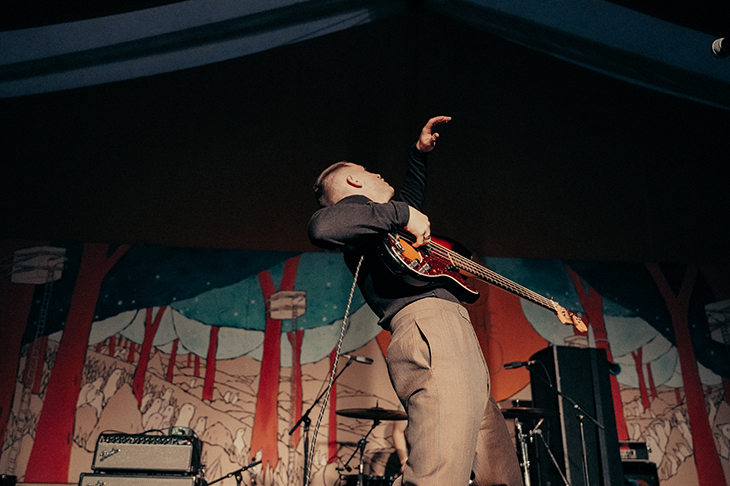
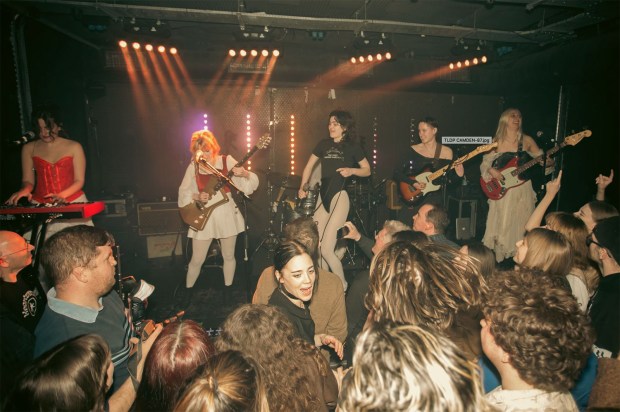
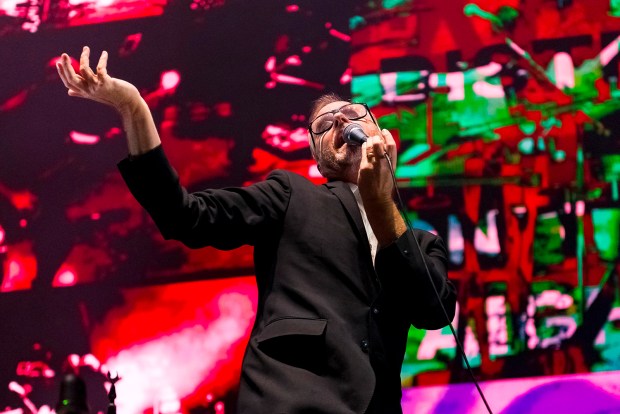
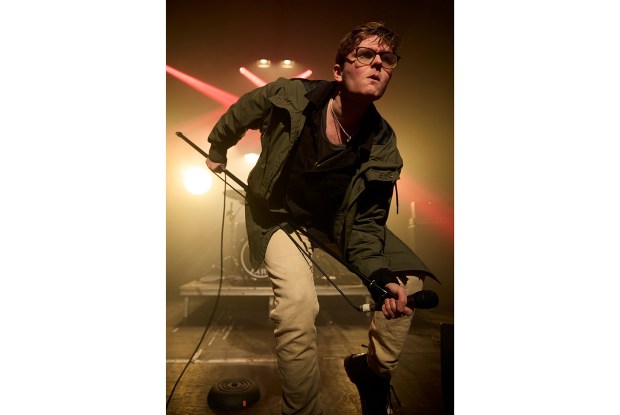
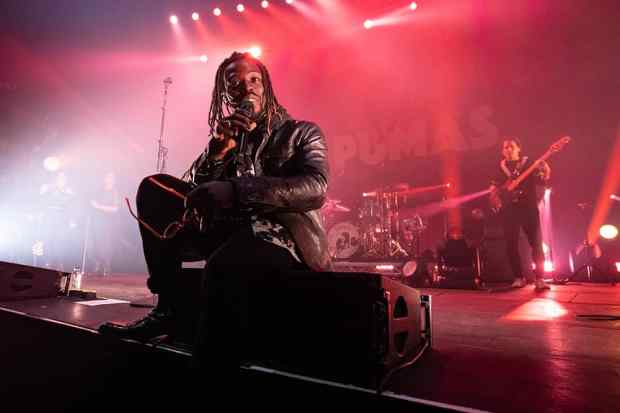
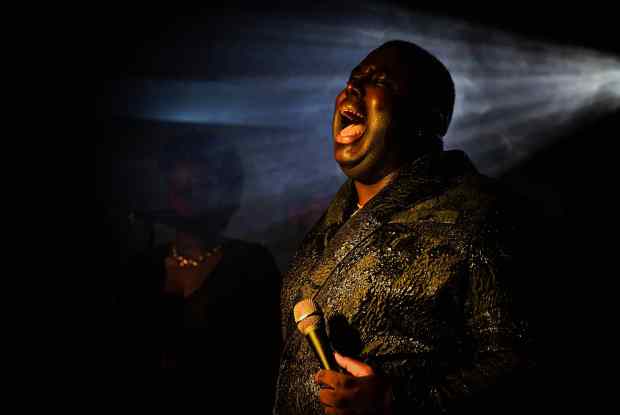
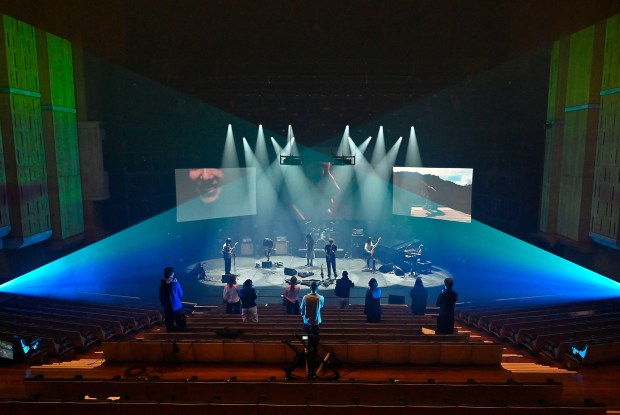






Comments
Don't miss out
Join the conversation with other Spectator Australia readers. Subscribe to leave a comment.
SUBSCRIBEAlready a subscriber? Log in